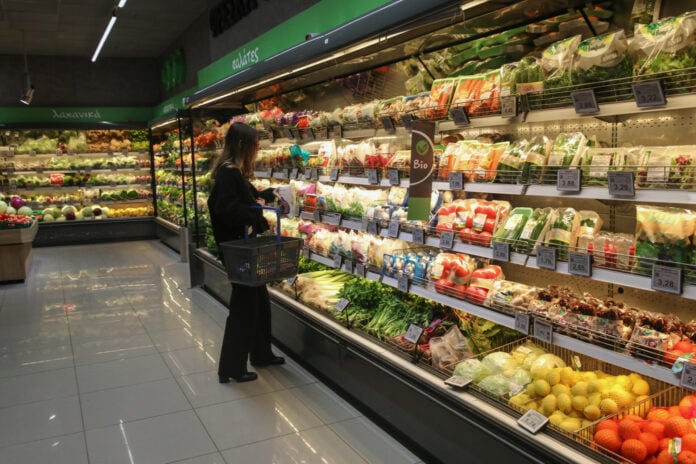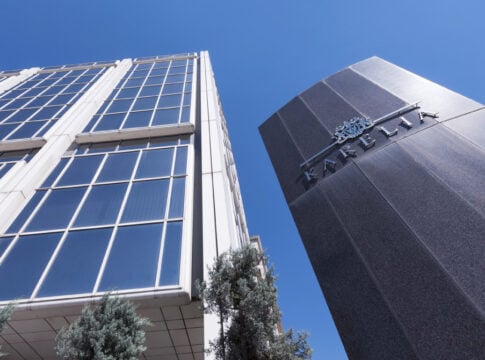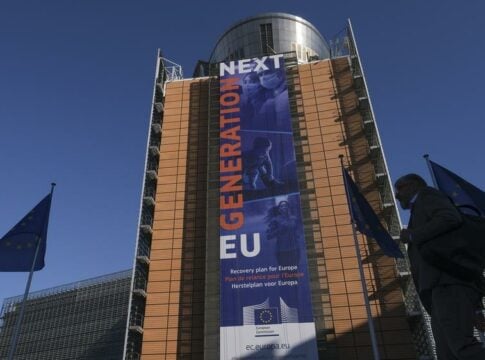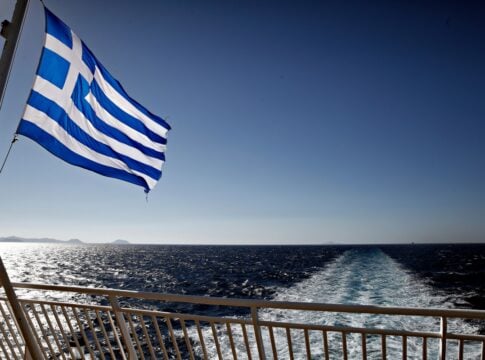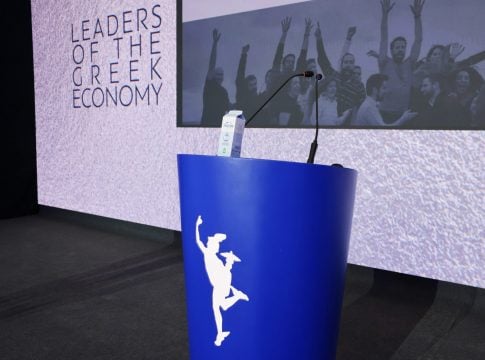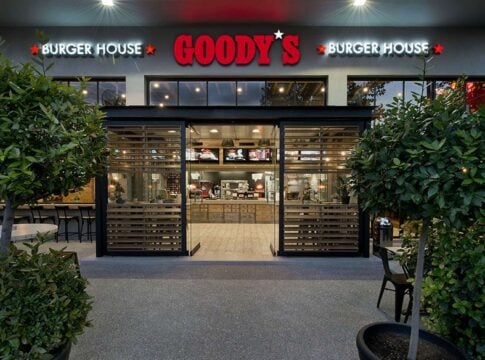Inflation is falling but high prices remain. Energy costs are also falling but product prices are rising. The feta cheese is now considered a luxury product and the oil’s packaging has acquired anti-theft protection. Soaring prices are squeezing consumer demand but corporate profitability is booming – two out of three listed companies saw profits rise in the first eight months of the year.
The government highlights the fact that Greece had the third lowest headline inflation in the eurozone in September, acknowledges that food inflation remains a problem, and keeps measures such as the ‘household basket’. These measures have already proven to be insufficient, but new measures are not foreseen – that is, not even a reduction of the VAT on food. Because, as the Deputy Finance Minister Haris Theocharis told Naftemporiki TV, VAT is a valuable revenue that public funds cannot afford to be deprived of. That is, one of the big winners of high inflation, the state, does not have the possibility (or the intention) to give up even a part of its profits.
Neither do businesses have a similar intention. It is known and obvious that companies, at the beginning of the crisis, raised their prices far above the rate of increase in energy costs, in order to preserve their profit margins.
These margins show no intention of shrinking even now, even though the IMF says that 50% of the inflation boom comes, internationally, from corporate profits. Therefore, the phenomenon of ‘greed inflation’ is not only Greek, it is global.


